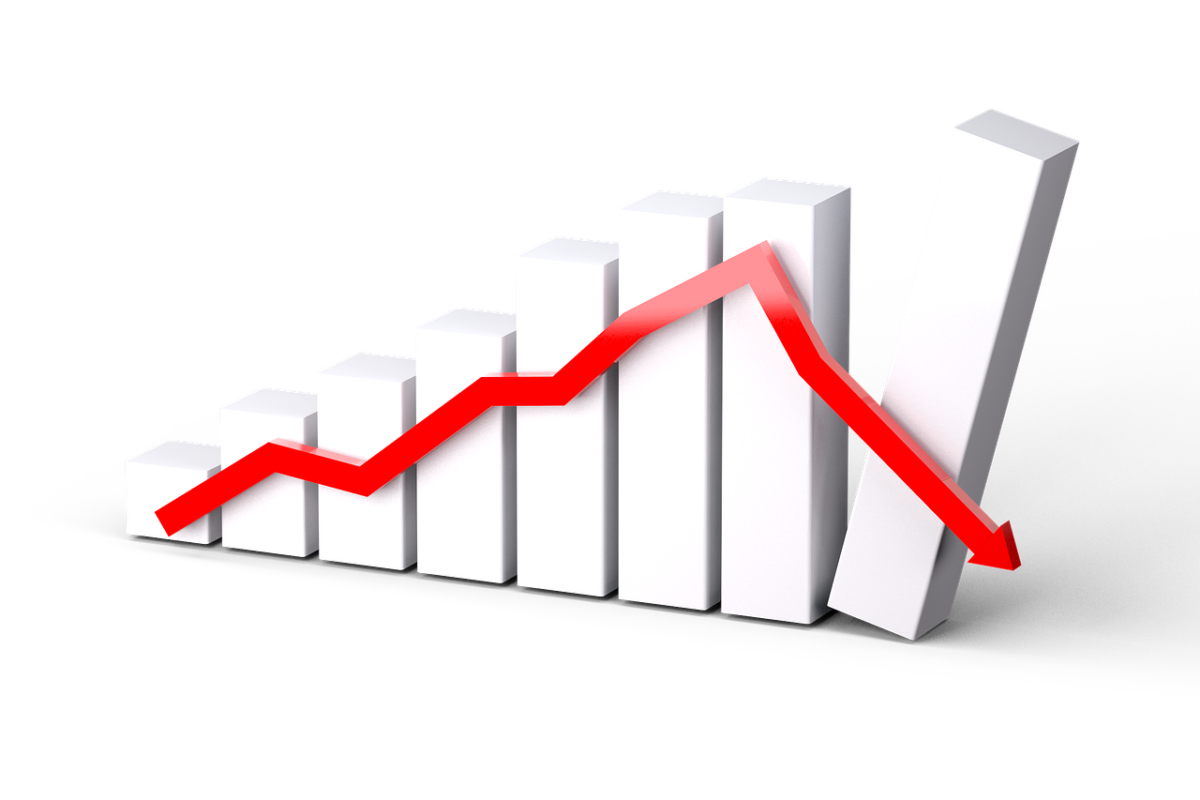Former Federal Reserve Vice Chair Warns Of Imminent Global Financial Crisis

Former Federal Reserve Vice Chairman Donald Kohn sounded the alarm about an imminent global financial crisis if urgent action is not taken. Kohn made his unsettling remarks on Saturday during the Federal Reserve Bank of Kansas City’s annual Jackson Hole Economic Policy Symposium.
“Dealing with risks to the financial stability is urgent,” Kohn said. “The current situation is replete with…unusually large risks of the unexpected, which, if they come to pass, could result in the financial system amplifying shocks, putting the economy at risk.”
“But the current situation is replete with fat tails—unusually large risks of the unexpected which, if they come to pass, could result in the financial system amplifying shocks, putting the economy at risk,” Kohn continued. “Shoring up our defenses against financial instability can’t run on Federal Reserve or, even worse, FSOC [Financial Stability Oversight Council] time where near endless analysis and consensus building delay needed action for years.”
“At the last FOMC [Federal Open Market Committee] meeting, the Fed’s board staff characterized financial vulnerabilities as ‘notable,’ reflecting some asset valuations, leverage in corners of the financial system, and persistent structural issues,” the former Federal Reserve official stated. “These vulnerabilities have arisen in the context of truly unprecedented circumstances, making it difficult, if not impossible, for policymakers or market participants to predict the future with confidence.”
“In addition, fiscal policies are raising federal debt-to-income to record peacetime levels and a new monetary policy framework has yet to play out in practice,” he said of the U.S government’s spending trillions on the COVID-19 pandemic.
Kohn called on Congress to pass a new mandate for all federal financial regulators to make financial stability a priority.
“Right now, systemic risk is not something they are required to take into account as they carry out their missions,” he noted. “They should be required to broaden their perspective to consider the systemic implications of their actions and of the activities and firms they oversee and be held accountable for doing this.”
“We will have failed our public trust if the Kansas City Fed has an opportunity to focus Jackson Hole 2026 or 2031 on a financial crisis that we can now be taking steps to avoid,” he concluded.
Kohn, 78, served as the 18th Vice Chair of the Federal Reserve from 2006-2010, and was appointed by former President George W. Bush.
Economist Nouriel Roubini, who teaches at New York University’s Stern School of Business, also warned of a financial crisis.
“Years of ultra-loose fiscal and monetary polices have put the global economy on track for a slow-motion train wreck in the coming years. When the crash comes, the stagflation of the 1970s will be combined with the spiraling debt crisis of the post-2008 era, leaving major central banks in an impossible position,” Roubini wrote on June 30.
Federal Reserve Chairman Jerome Powell painted a much rosier picture of the economy during his speech at the Jackson Hole Economic Policy Symposium.
“Strong policy support has fueled a vigorous but uneven recovery—one that is, in many respects, historically anomalous,” Powell said.
Powell highlighted that the “outlook for the labor market has brightened considerably in recent months,” citing that the “pace of total hiring is faster than at any time in the recorded data before the pandemic.” “The levels of job openings and quits are at record highs, and employers report that they cannot fill jobs fast enough to meet returning demand,” he added.
Powell tackled the worrying trend of inflation, acknowledging that the core personal consumption expenditures inflation at 3.6% is a concern, but he said the inflation is likely temporary.
“To sum up, the baseline outlook is for continued progress toward maximum employment, with inflation returning to levels consistent with our goal of inflation averaging 2 percent over time,” Powell proclaimed.
“Before the pandemic, we all saw the extraordinary benefits that a strong labor market can deliver to our society,” Powell concluded. “Despite today’s challenges, the economy is on a path to just such a labor market, with high levels of employment and participation, broadly shared wage gains, and inflation running close to our price stability goal.”
RELATED: Federal Reserve’s Favorite Inflation Measure Soared By Fastest Pace In 30 Years